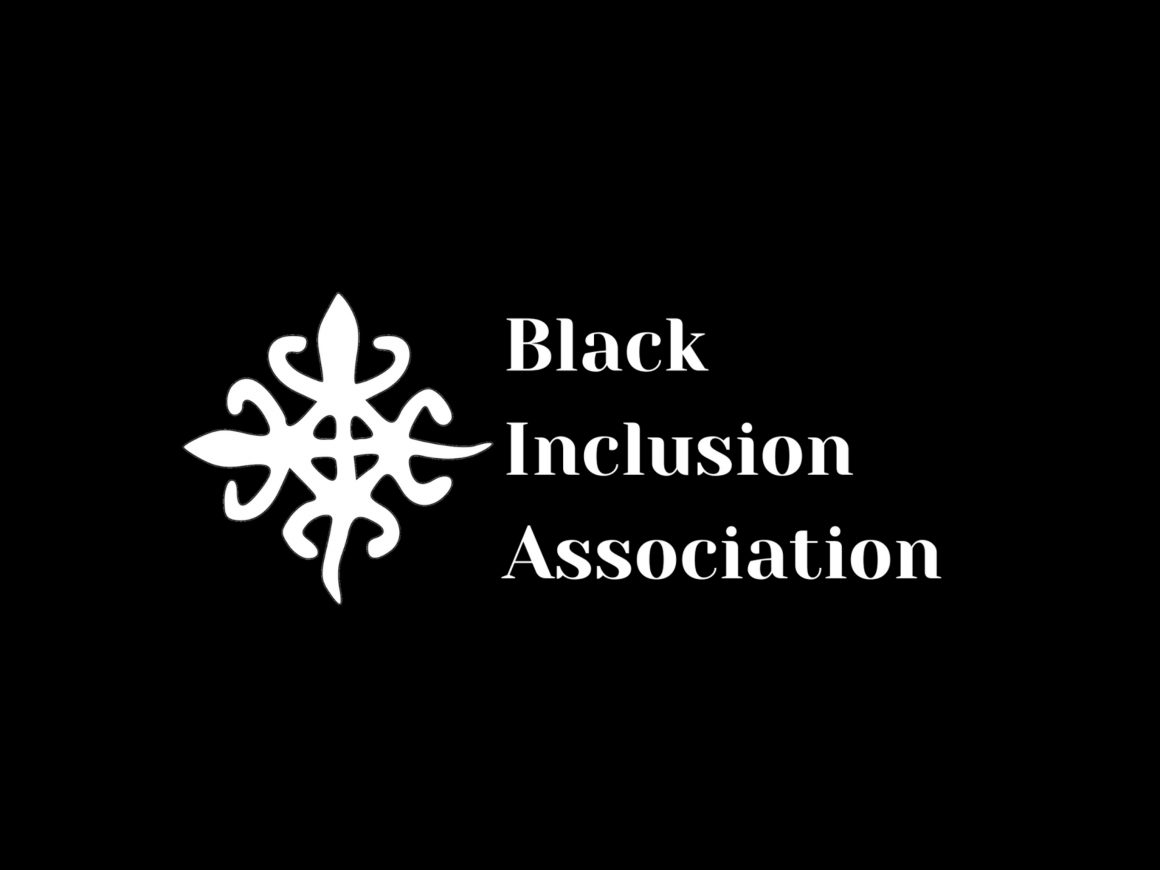
The Black Inclusion Association’s continued hope for a more inclusive Calgary community
By Anjali Choudhary, October 22 2021—
In a time of an overwhelmingly large number of social media warriors and performative activists, taking the first step to implementing actionable activism in everyday life requires a tremendous amount of dedication. This is especially true for minorities and BIPOC folk who must often act at the forefront in advocating against the struggles they face every day.
However, despite the many structural and personal challenges, true advocacy leads to unfathomable change. All you need to do is be willing to show up. According to Keren Harrison from the Black Inclusion Association (BIA), their organization did exactly this through their “ability to get together and say ‘This is what we want to do,’ and actually do it.”
The BIA is an inclusive and intersectional organization focused on furthering anti-racism work and promoting and amplifying Black voices, struggles and successes. In an interview with the Gauntlet, founders of the BIA — Bohlale Bam, Keren Harrison, Ganiyat Sadiq and Ornela Thieba — highlighted their successes, goals and views on anti-Black racism within Calgary.
With their current mandate of pushing for anything and everything that uplifts Black people Calgary, the BIA was built on the life experiences of the founding members and their desires for an inclusive future for themselves and other youth throughout the city. As part of this inclusive future, BIA president Sadiq says the organization “promote[s] the Black excellence that [they] have and show that being Black is not always about the struggles.”
All individuals must be able to grow up with visible positive role models. This need is amplified in groups such as the Black community, where traditional media has historically neglected to highlight admirable individuals who the community could emulate. The members of the BIA serve to highlight these role models as well as exemplify that role themselves.
Being 19 months into a global pandemic may have many of us feeling accustomed to new routines, but there are concerns about community isolation and difficulty in communication that remain. For BIA, which was founded in a period of deep social unrest during the beginning of the pandemic, the challenges were undeniably a barrier to progress. Bam, the organization’s secretary, tells us that a lot of what they do is community-driven.
“It requires us to connect with all sorts of communities in Calgary. We found that we couldn’t really do that because of the pandemic.”
However, the resilience and passion of the organization allowed them to overcome these challenges and create a real impact — despite the odds.
“One thing I’m really proud of is just how much we’ve grown in one year through virtual events alone and the way we’ve been able to impact so many communities and so many people,” says Bam.
One of the BIA’s proudest accomplishments is the creation of its Post-Secondary Application Bursary.
Organizations, cities and individuals alike must always strive to further progress and improve their engagement with anti-racism strategies. However, there is a stark difference between being complacent due to the significant amount of work that has already been done, and refusing to create meaningful change in the first place. According to Thieba, Head of Committees, the BIA “recognized that there was a lack of work that was done here in Alberta, in general.”
While there are many structural and institutional reasons for a lack of progress on addressing racism, Thieba narrows it down to one specific issue within Alberta. They noted that since immigrant and BIPOC populations are still relatively recent arrivals in Alberta, little research has been done on demographics and race-based data is lacking.
Thieba said that there aren’t many organizations that know each other or who collaborate between each other. The BIA acts as the “glue,” according to Thieba, that brings those organizations together.
Along with the city, the choice to be actively anti-racist systemically and as a personal choice and in their structures and daily lives falls on the University of Calgary and its students. The board of directors of the BIA, all having experienced the university firsthand, unanimously agree on the need for more meaningful and substantial anti-racism work. Emphasizing the need for more widespread anti-racism training, Sadiq claims that “anti-racism work should be a life skill.”
The normalization and widespread dissemination of this proposed anti-racism training would provide all students and faculty with a baseline similar skillset, normalize and encourage discussions and critique of racist institutions and create an overall safer environment for Black students and other students of colour.
Bam speaks to the importance of university students individually working towards being actively anti-racist.
“People tend to be apprehensive and a bit defensive when learning about anti-Black racism. I think the most important thing is to not walk into anti-racism training with a defensive block,” he says.
“As you continue to learn about the impacts of anti-Black racism, not just institutionally but also personally, it would really help you as an individual to grow and see the world in a more comprehensive light. It betters not just the life of people around you but also your individual life when you understand and contextualize the world around you,” he adds.
As a diverse and completely inclusive organization, the BIA is actively recruiting new volunteers, a board of directors position, and special committee members. They believe in continually diversifying themselves in creating a base of different races, genders, sexual orientations, cultures, and more. They believe its strength lies in unity.
Reach out to the Black Inclusion Association through their social media on Instagram, Facebook, Twitter and LinkedIn. They are also available to speak over email at blackinclusionassociation@gmail.com.
